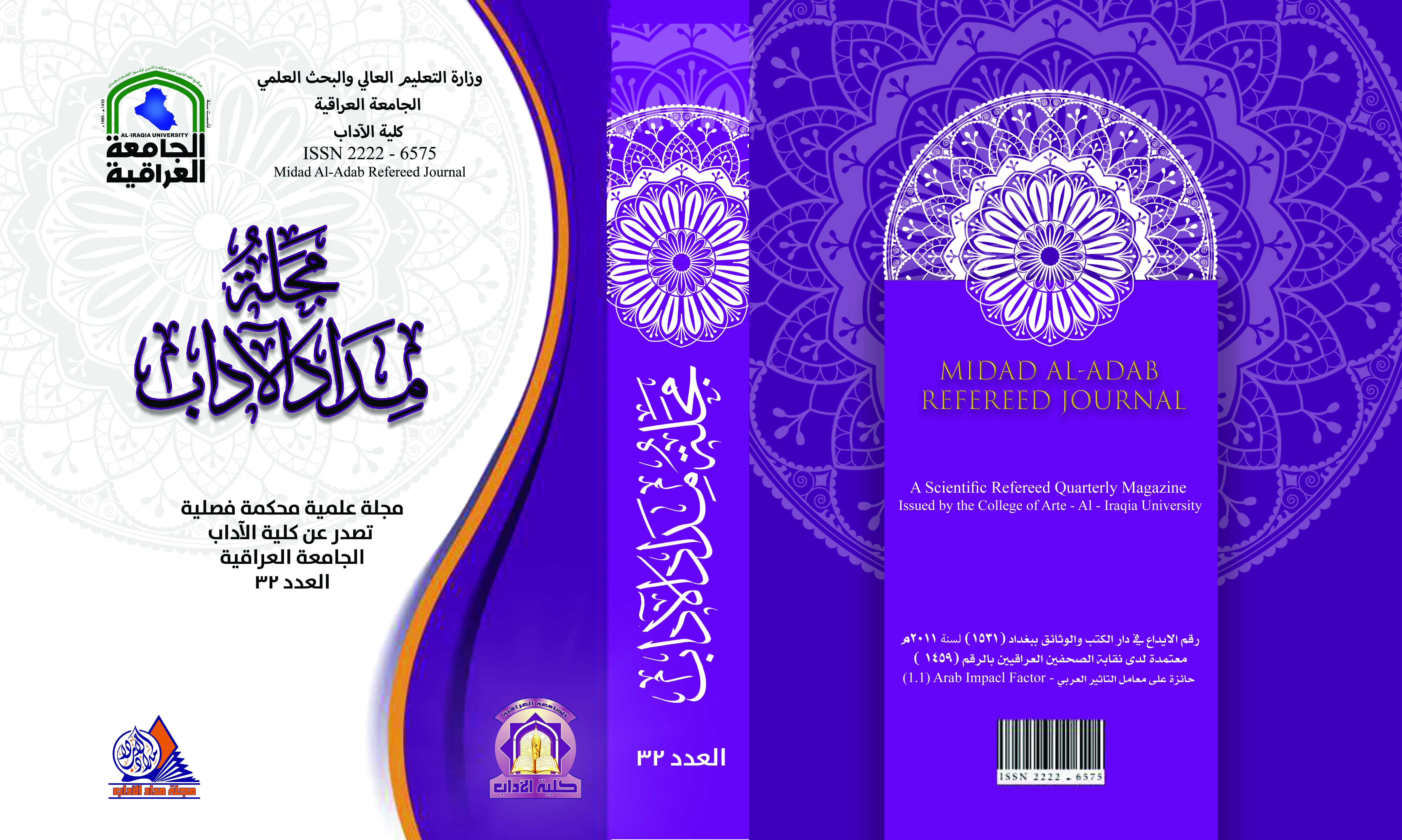Abstract
The topic (the difference in meaning of single-root verbs in the Holy Quran) is one of the topics that requires further induction, investigation and study to clarify the subtle semantic differences between single-root verbs based on what is mentioned in the books of Quranic meanings, parsing, metaphors, strange words and interpretation, in addition to books of grammar, morphology and dictionaries. For example, there is a great difference in meaning and usage between the two verbs (to come) and (to come); the Holy Quran has made this clear in what each verb contains of a lexical and contextual meaning that is completely different from the other; (Ata) is not the same as (atay), as each of them is an independent verb and has its uses. The first comes intransitive and transitive, transitive by itself and with a preposition, and it indicates the meaning of proximity, nearness, presence, coming, torture, practice, engagement, supervision of something, following, becoming, transforming, directing, intercourse, appearing, and exiting, while the second comes transitive with two objects, one of which is sometimes deleted for evidence indicating it, and it indicates the meaning of giving and gift, then the meaning of indoctrination, insight, provision, dominance, and acquisition.
Keywords
came
difference in meaning
the Holy Quran
verb structures
Abstract
يعدُّ موضوع (اختلاف دلالة الأفعال ذوات الجذر الواحد في القرآن الكريم) من الموضوعات التي بها حاجة إلى مزيد من الاستقراء والاستقصاء والدراسة لتبيين الفروق الدلالية الدقيقة بين الأفعال ذوات الجذر الواحد استنادًا إلى ما جاء في كتب معاني القرآن وإعرابه ومجازه وغريبه وتفسيره فضلا عن كتب النحو والتصريف والمعجمات. فعلى سبيل التمثيل ثمة اختلاف كبير من حيث المعنى والاستعمال بين الفعلين (أتى) و(آتى)؛ أفصح عنه القرآن الكريم فيما تضمنه كل فعل منهما من دلالة معجمية وسياقية تختلف تماما عن الآخر؛ فـ(أتى) غير (آتى) فكل منهما فعل مستقل وله استعمالاته, إذ يأتي الأول لازمًا ومتعديًّا, ومتعدّيا بنفسه وبحرف جر، ويفيد معنى الدنو والقرب والحضور والمجيء والتعذيب والممارسة والمزاولة والإشراف على الشيء والاتباع والصيرورة والتحويل والمباشرة والمجامعة والظهور والخروج, في حين أنّ الثاني يأتي متعديًا لمفعولين, أحيانًا يُحذَف أحدهما لدليل يدلُّ عليه، ويفيد معنى الإعطاء والهِبَة ثم معنى التلقين والتبصير والتزوّد والتسوّد والتحصيل.
Keywords
أتى، آتى، اختلاف دلالة، القرآن الكريم، أبنية الأفعال
